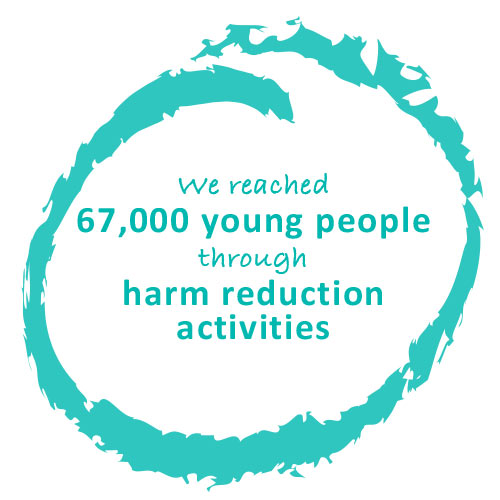
We work alongside people and communities, helping them gain opportunities, skills and access to services to achieve their potential and improve their lives.
Everyone should have opportunities to make healthy life choices, but this is out of reach for many people in locations experiencing deep intergenerational disadvantage. On most key vulnerability risk factors, Aboriginal and Torres Strait Islander peoples and communities are worse off and often over-represented compared to non-Indigenous people. Red Cross recognises the strengths of the individuals, families and communities that we seek to help, and we use these strengths to build their skills, knowledge and capacity to deal with life’s challenges.
This year more than 6,000 young people participated in Red Cross workshops to learn how to prevent, recognise and respond to first aid emergencies as a result of alcohol and other drug use. Over 91% increased their knowledge and skills after completing an alcohol and other drug education workshop. We actively involved youth participants in a recent redesign and review of our youth harm prevention program, so that fresh and targeted prevention education was delivered to young people at risk.
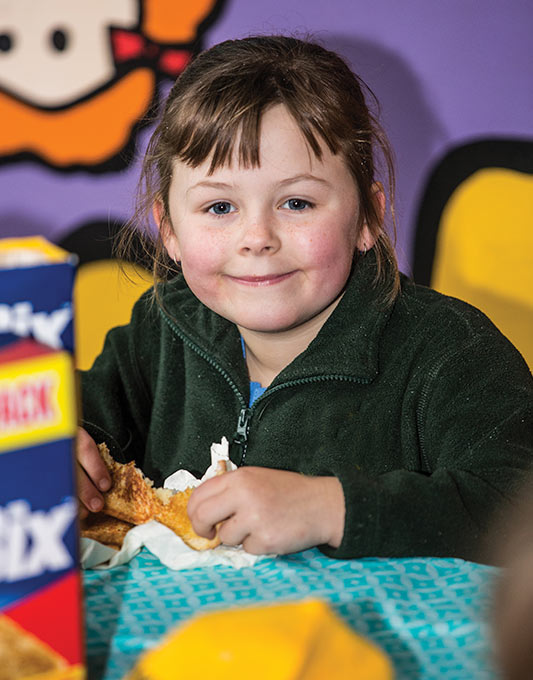
Victoria* enjoys a healthy breakfast at her New South Wales primary school’s breakfast club, giving her the fuel she needs to thrive in class. *This name has been changed to protect the individual’s privacy.
Australian Red Cross/Grant Higginson
We coordinate breakfast clubs in schools in areas of disadvantage around the country, helping children get a healthy start to the school day and learn good nutrition skills early in life. We surveyed more than 180 of these schools on their satisfaction with the program, seeking ideas for continued improvement. 99% reported that the program made a positive contribution to school outcomes, and were satisfied with the support from Red Cross.
According to the World Health Organisation, food security exists “when all people at all times have access to sufficient, safe, nutritious food to maintain a healthy and active life”. Our collective advocacy approach is helping raise awareness of the underlying factors causing food insecurity, especially for more vulnerable groups. We continue to partner with national peak bodies including the Public Health Association of Australia and the Dietitians Association of Australia, and we’ve expanded the profile of our work at the Association of Children’s Welfare Agencies and Right to Food Coalition conferences.
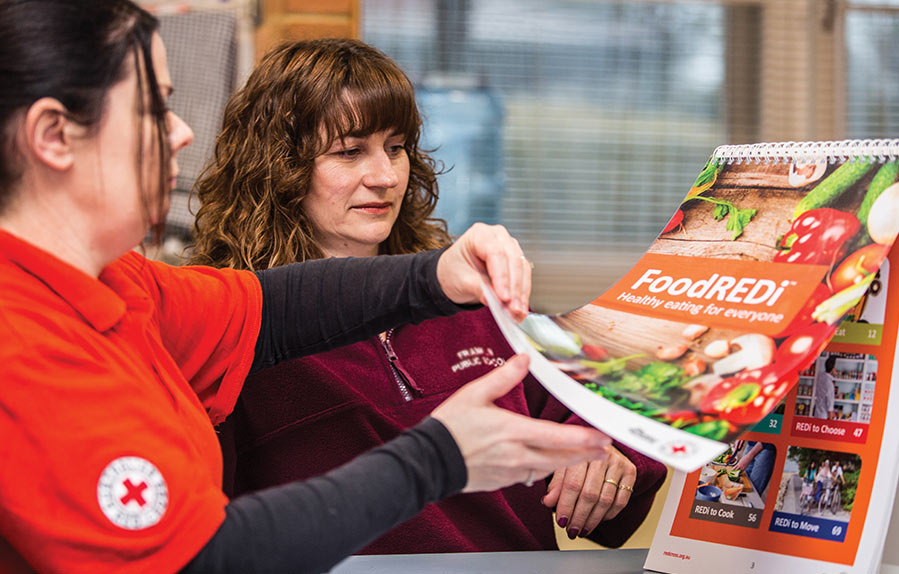
We help people in disadvantaged communities to create lasting change so that the next generation will live healthier lives. Red Cross worker Nadine Whalan is supporting Louise to build her nutrition knowledge and skills so she can cook affordable, nutritious meals for her family.
Australian Red Cross/Grant Higginson
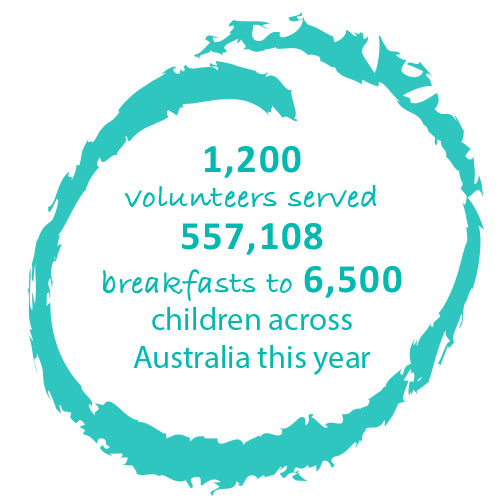
Along with our breakfast clubs and collective advocacy, we also work directly with families to address the underlying complex factors that prevent good nutrition. We support and educate people, particularly parents, on food literacy, nutrition, food preparation and purchasing.
This work requires longer-term funding commitments and multi-sector approaches if we are to have a sustainable impact on the root causes of food insecurity. This year we sought support from large corporate groups to further develop our food literacy services. Our approach advocates for a focus across the three pillars of food security (food supply, food access and food utilisation) to ensure we work sustainably and address the range of factors that contribute to food insecurity. Our work and advocacy in this area continues to be a focus for the coming financial year.
